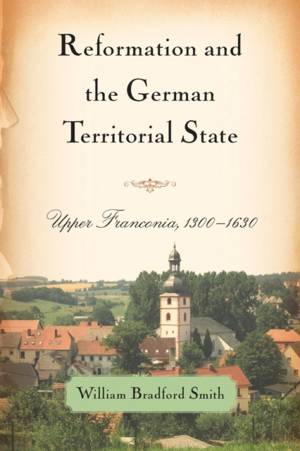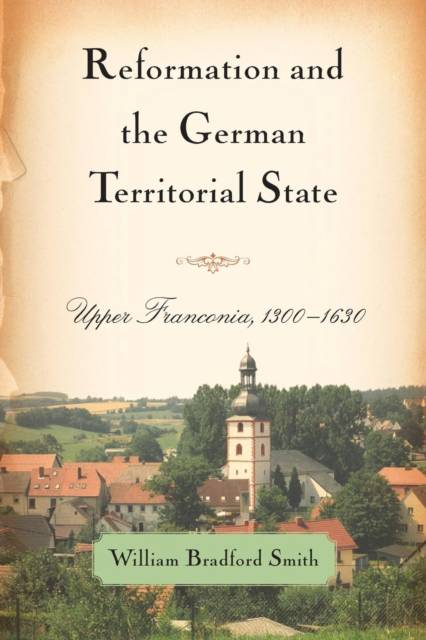
- Afhalen na 1 uur in een winkel met voorraad
- Gratis thuislevering in België vanaf € 30
- Ruim aanbod met 7 miljoen producten
- Afhalen na 1 uur in een winkel met voorraad
- Gratis thuislevering in België vanaf € 30
- Ruim aanbod met 7 miljoen producten
Zoeken
€ 64,45
+ 128 punten
Omschrijving
Religious reform and the rise of the territorial state were the central features of early modern German history. Reformation and state-building, however, had a much longer history, beginning in the later Middle Ages and continuing through the early modern period. In this insightful new study, Smith explores the key relationship between the rise of the territorial state and religious upheavals of the age, centering his investigation on the diocese of Bamberg in upper Franconia. During the Reformation, the diocese was split in half: the parishes in the domains of the Franconian Hohenzollerns became Lutheran; those under the secular jurisdiction of the bishops of Bamberg remained Catholic. Drawing from a broad range of archival sources, Smith offers a compelling look at the origins and course of Catholic and Protestant reform. He examines the major religious crises of the period -- the Great Schism, the Conciliar Movement, the Hussite War, the Peasant's War, the Thirty Years' War, and the Witch Craze -- comparing their impact on the two states and showing how events played out on the local, territorial, and imperial stages. Careful analysis of the sources reveals how religious beliefs shaped politics in the emerging territorial principalities, explaining both the similarities as well as the profound differences between Lutheran and Catholic conceptions of the state. William Bradford Smith is Professor of History at Oglethorpe University.
Specificaties
Betrokkenen
- Auteur(s):
- Uitgeverij:
Inhoud
- Aantal bladzijden:
- 298
- Taal:
- Engels
- Reeks:
Eigenschappen
- Productcode (EAN):
- 9781580465663
- Verschijningsdatum:
- 15/04/2016
- Uitvoering:
- Paperback
- Formaat:
- Trade paperback (VS)
- Afmetingen:
- 152 mm x 229 mm
- Gewicht:
- 439 g

Alleen bij Standaard Boekhandel
+ 128 punten op je klantenkaart van Standaard Boekhandel
Beoordelingen
We publiceren alleen reviews die voldoen aan de voorwaarden voor reviews. Bekijk onze voorwaarden voor reviews.







